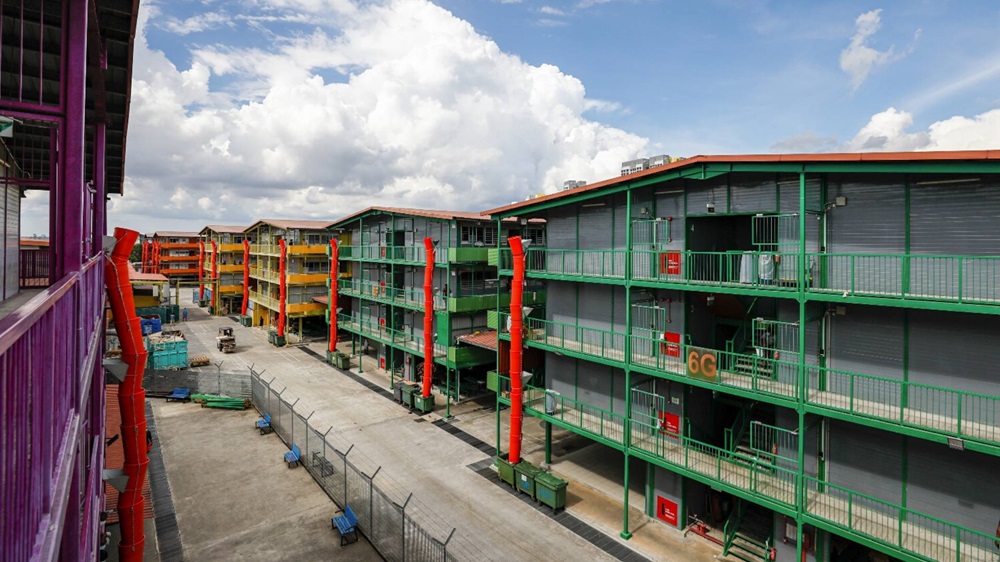
Employment Passes allow companies to bring in foreign professionals to plug skills gaps and supply shortages, so as to attract and root high-value activities in Singapore. This is necessary to create and sustain a wide range of good jobs that meet Singaporeans’ career aspirations.
For example, to develop our ICT and software industries, which require highly specialised skills and knowledge, global companies like Google, Grab, and Facebook need workers with the relevant skills and experience to fill all the jobs they create. There may not be enough Singapore citizens with these skills and experience to anchor these global companies’ investment. Hence, Government should do as the previous generation did to anchor the electronics industry, which was to create the jobs in Singapore first, even if some of these higher-paying jobs went to foreigners initially, and to train Singapore citizens and upgrade their skills to eventually take on these higher-paying jobs.
To ensure that Singapore citizens do not have their salaries undercut by foreigners, the Ministry of Manpower (MOM) requires Employment Pass applicants to meet salary thresholds, which are regularly updated taking reference from the salaries of locals with similar experience and seniority. For example, the Employment Pass minimum qualifying salary will be raised from $3,600 to $3,900 with effect from 1 May 2020. The salary thresholds for older and more experienced applicants will also be raised in tandem. For example, an EP applicant in his early 40s will need to earn around double the new minimum qualifying salary of $3,900.
MOM also requires employers to make jobs accessible to Singapore citizens, and recruit fairly based on merit. Under the Fair Consideration Framework (FCF), employers must advertise on MyCareersFuture.sg before they make an Employment Pass application.
MOM also proactively identifies employers that are suspected to have discriminatory hiring practices, and places them on the FCF Watchlist. Their Employment Pass applications are closely scrutinised by MOM, and uncooperative employers have had their work pass privileges withdrawn.
In January 2020, MOM strengthened the FCF by raising penalties across the board for all discrimination cases (including age, race, nationality and mental health condition). Employers that violate the Tripartite Guidelines on Fair Employment Practices (TGFEP) will be barred from hiring new foreign workers and renewing existing foreign workers, for a minimum of 12 months up to a maximum of 24 months. MOM will also prosecute employers and key personnel who make false declarations on fair consideration. If convicted, they could face up to 2 years of imprisonment, fined up to $20,000, or both.
Members of the public who encounter workplace discrimination should report it to TAFEP. Beyond the employers, MOM will also take individual employees to task if they were involved in any unfair hiring practices, including revoking their work passes if they are foreigners.
With effect from 1 October 2020, all employment agencies (EAs) will be subject to new licence conditions that require them to comply with the fair recruitment requirements in the TGFEP when recruiting on behalf of their clients.
In addition to helping their clients fulfil job advertising requirements, EAs must also (i) brief their clients on the fair recruitment requirements in the TGFEP; (ii) make reasonable efforts to attract Singaporeans for vacancies that they are trying to fill, except where the employer undertakes to do so through other channels; and (iii) consider all candidates based on merit. EAs that fail to comply with licence conditions may be issued with demerit points, have their licence suspended or revoked, or face prosecution.
We use cookies to tailor your browsing experience. By continuing to use Gov.sg, you accept our use of cookies. To decline cookies at any time, you may adjust your browser settings. Find out more about your cookie preferences here .

















